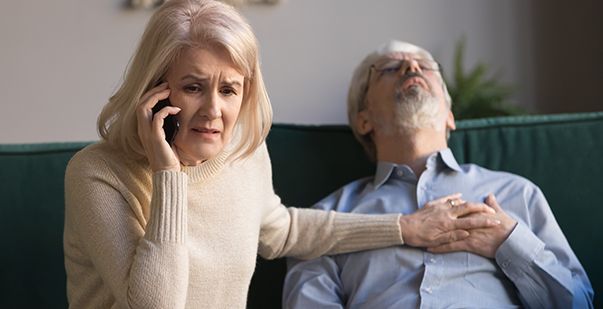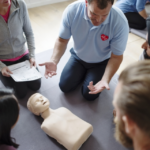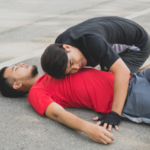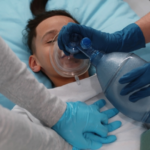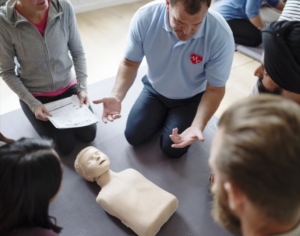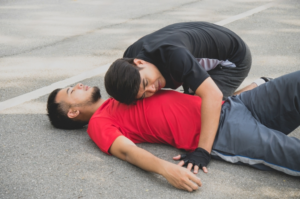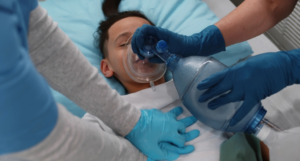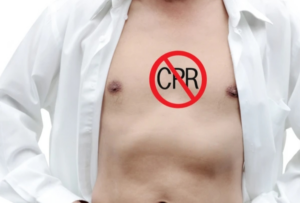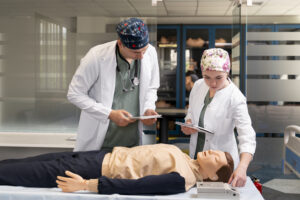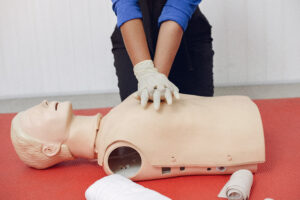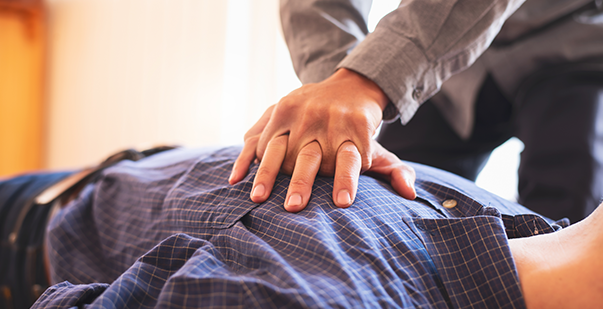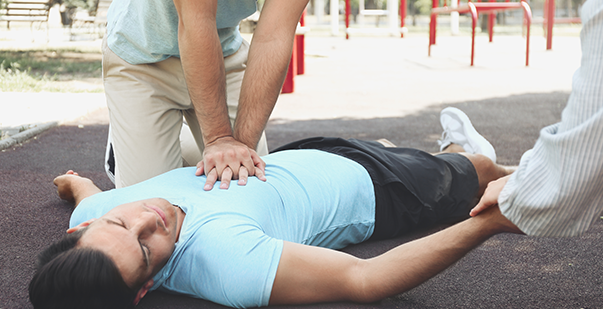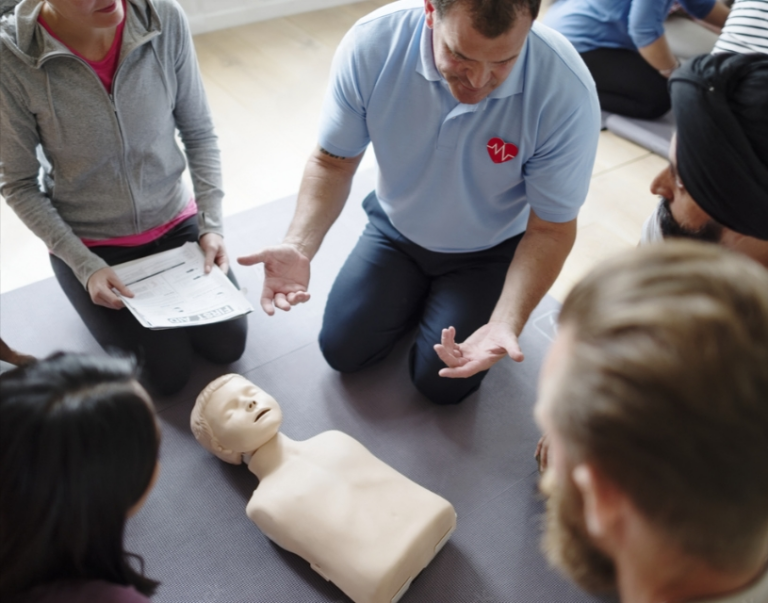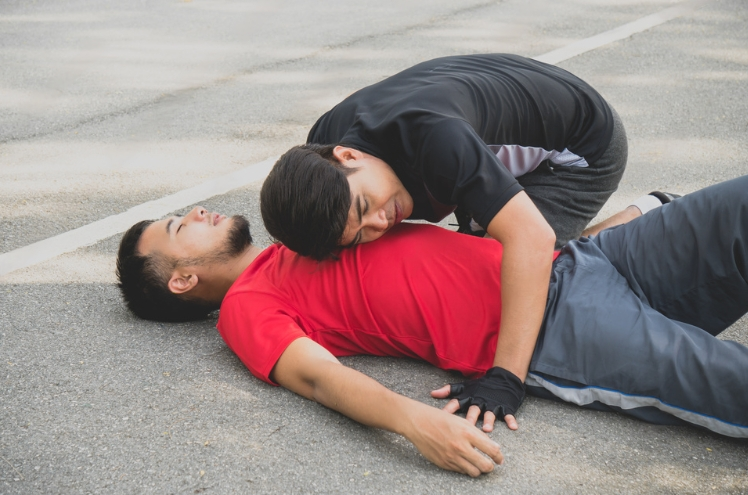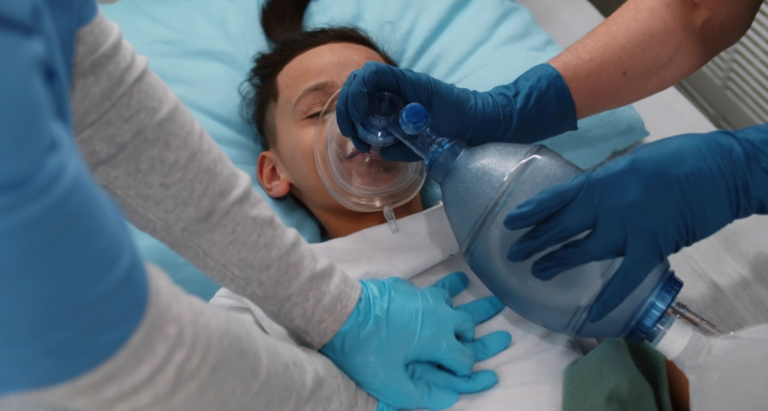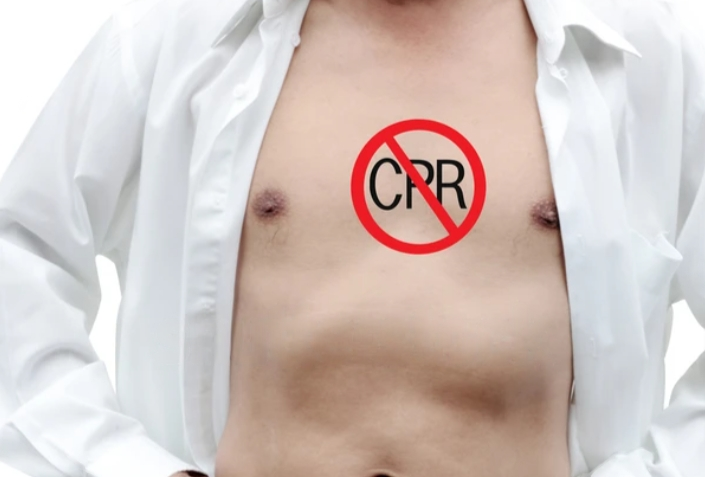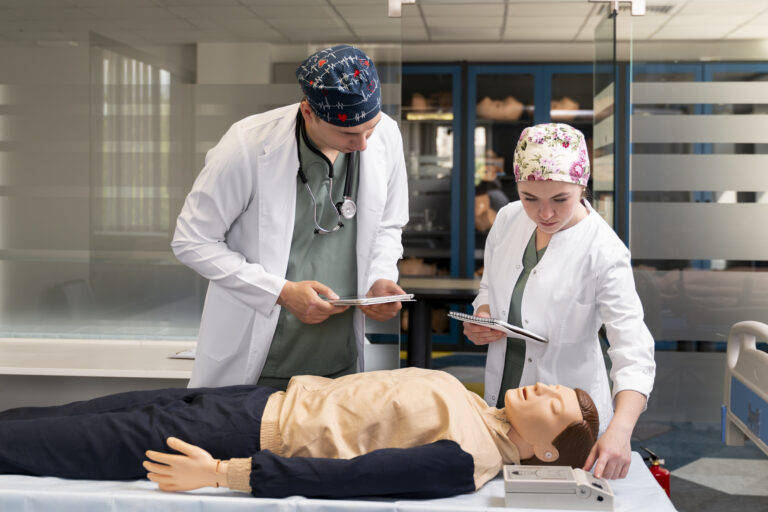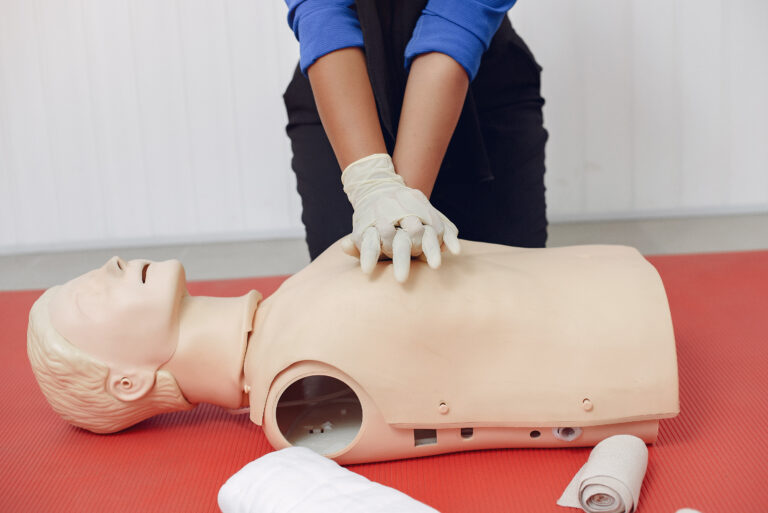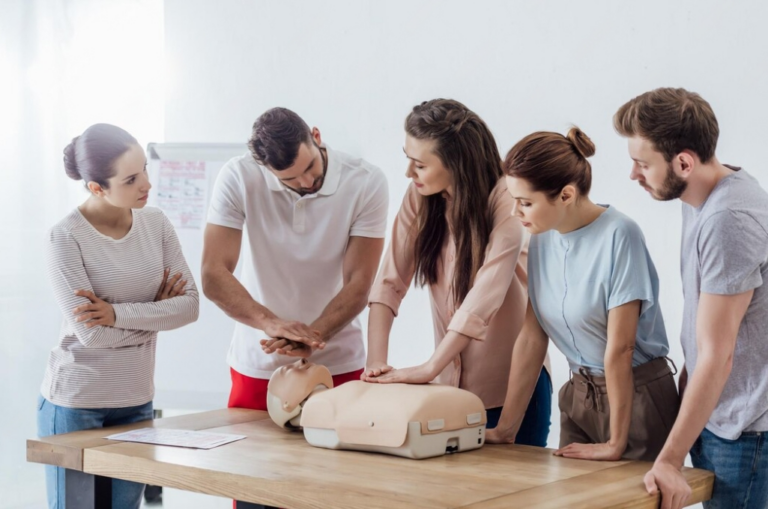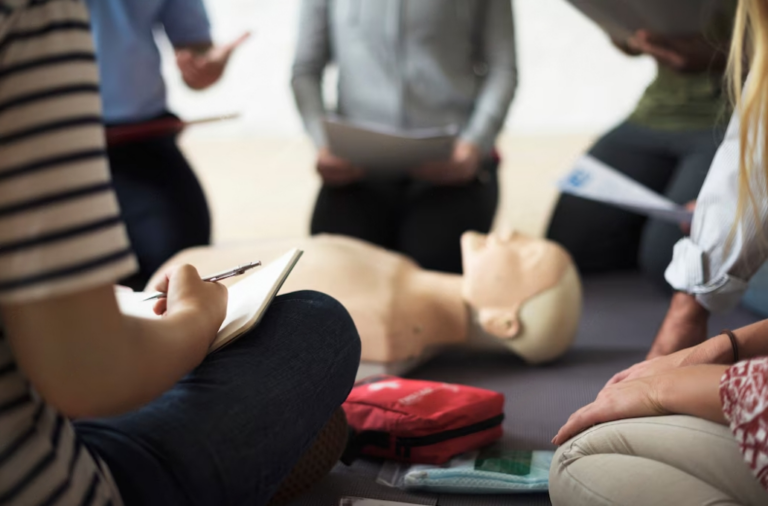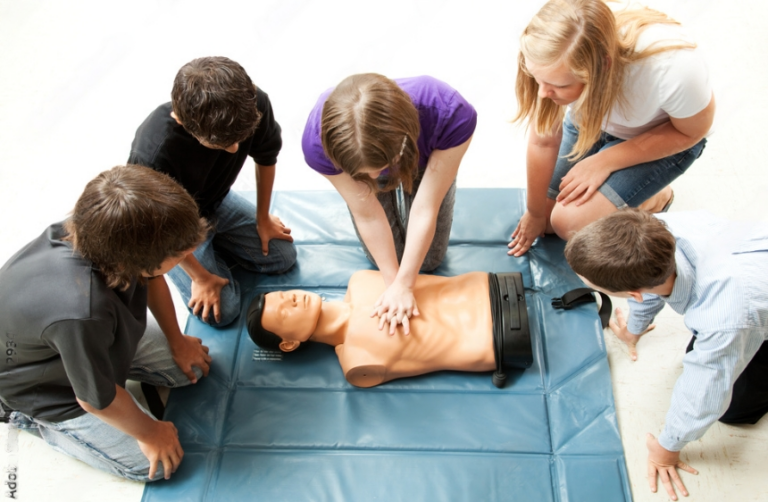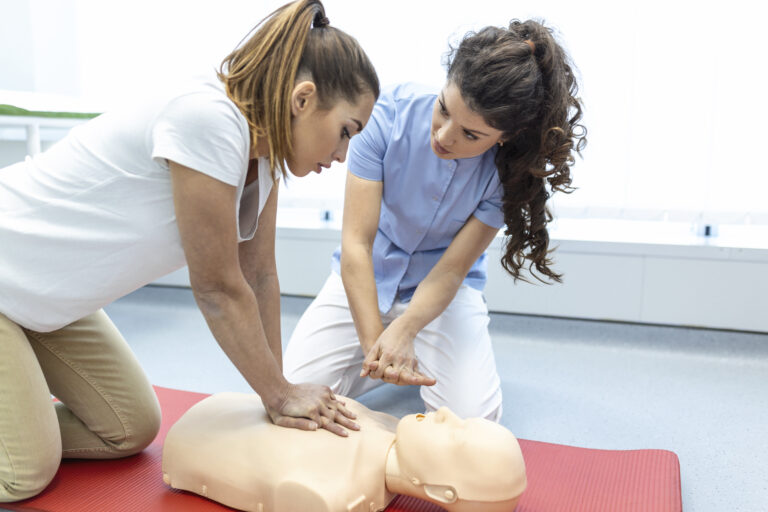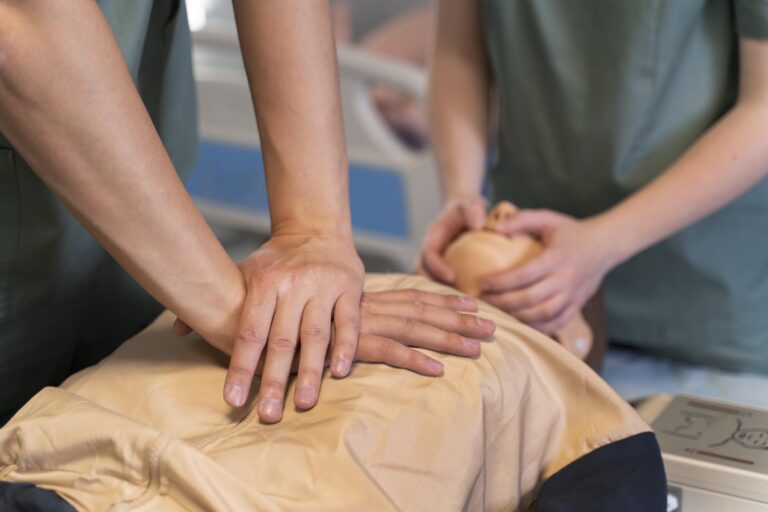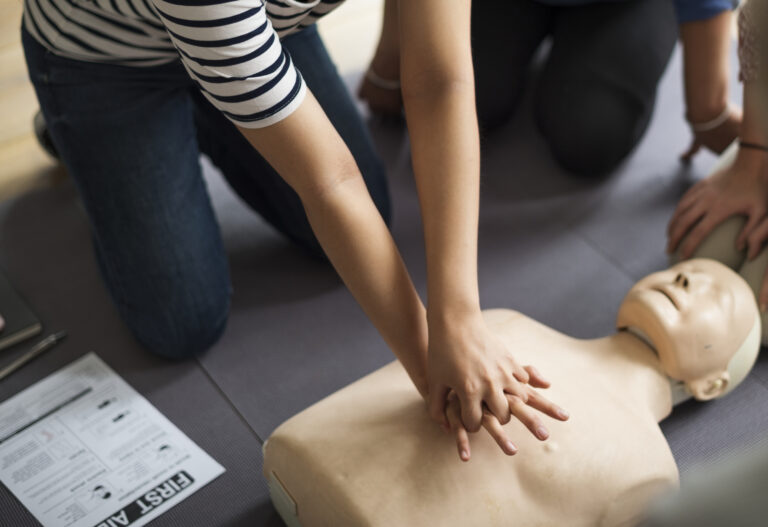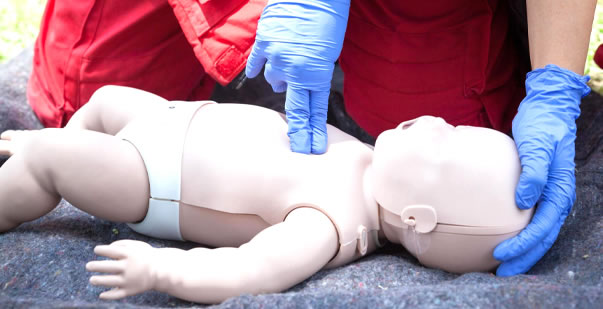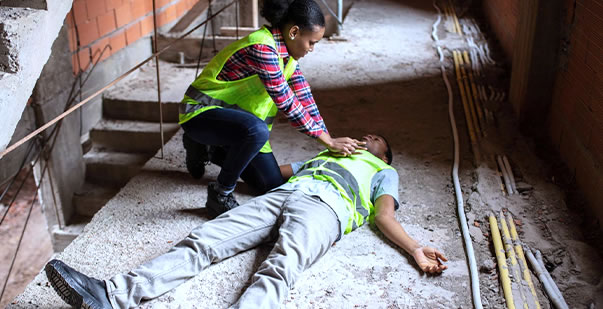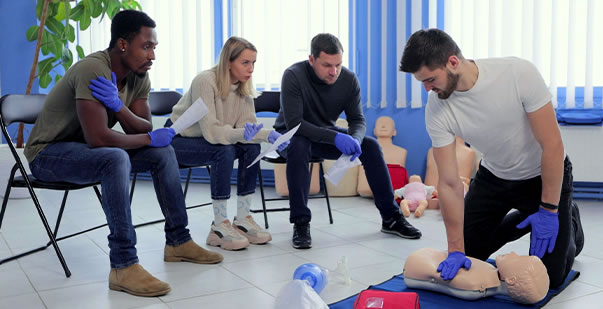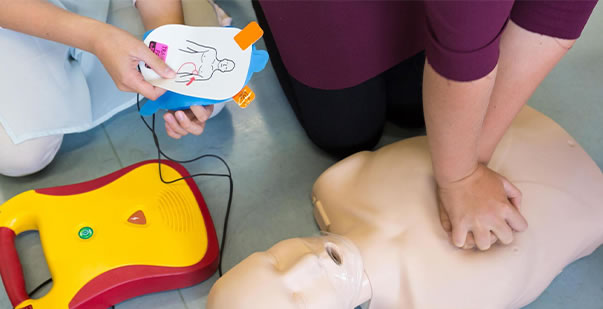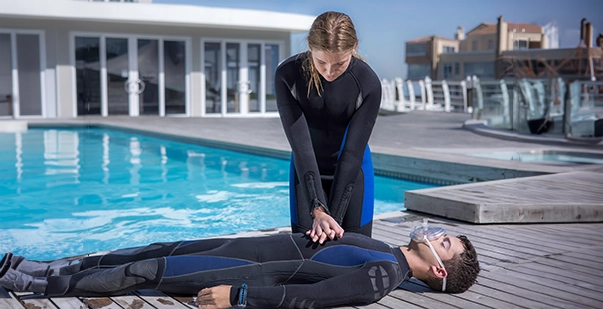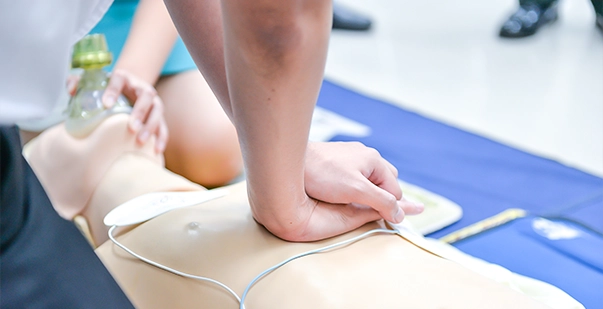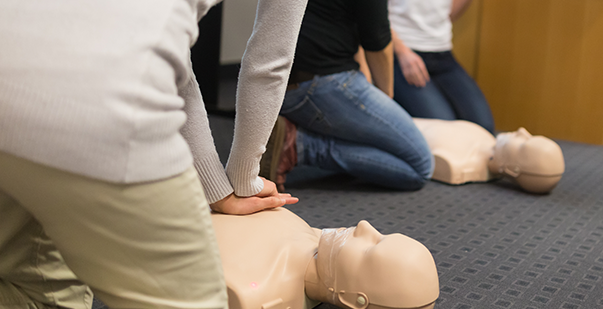Emergency Cardiovascular Care (ECC) is a critical aspect of saving lives during cardiac emergencies. When someone experiences a cardiac arrest or other cardiovascular emergencies, prompt and effective action is essential. Emergency Cardiovascular Care encompasses a range of life-saving interventions, including cardiopulmonary resuscitation (CPR), early defibrillation, and advanced cardiac life support (ACLS) techniques. In this blog post, we will explore the importance of Emergency Cardiovascular Care and how it plays a vital role in improving outcomes for individuals facing cardiac emergencies.
CPR Certification Near Me is a great marketplace to search for good CPR, AED, BLS, and ACLS certification providers. American HealthCare Academy (AHCA) tops the list as the best CPR online certification provider. All the courses are online, flexible, budget-friendly, and easy-to-understand. Their courses are free to learn. You only pay when you want to download your certification. Check out our website and get started!
What is Emergency Cardiovascular Care?
Emergency Cardiovascular Care (ECC) is all about saving lives during heart emergencies. When someone’s heart stops working properly or they have a heart attack, quick action is really important. Emergency Cardiovascular Care includes different things we can do to help, like CPR (Cardiopulmonary Resuscitation), using a defibrillator, and advanced techniques to support the heart.
CPR is a special way of pushing on someone’s chest and giving rescue breaths to keep their blood circulating and give oxygen to their body. It helps to keep the person alive until professional help arrives. A defibrillator is a device that can give an electric shock to the heart to help it start beating normally again. It’s like a superhero zap that can save someone’s life!
Emergency Cardiovascular Care involves learning these skills and being ready to help in emergencies. It’s important to call for help right away and start CPR if someone is not breathing or their heart has stopped. By knowing what to do and acting quickly, we can make a big difference and save lives.
Which medical ailments affect the heart?
Our heart is an amazing organ that keeps our body working properly. However, some medical ailments can affect how our heart functions. Let’s explore some of these ailments:
- Heart Attack
A heart attack happens suddenly. In this, the blood flow to a part of the heart is blocked. It can cause chest pain, shortness of breath, and discomfort in the upper body.
- Heart Failure
Heart failure doesn’t mean that the heart has stopped working completely. It means that the heart is not pumping blood as well as it should. This can cause tiredness, shortness of breath, and fluid buildup in the body.
- Arrhythmia
The heart usually beats in a regular rhythm, but sometimes it can beat too fast, too slow, or irregularly. This is called an arrhythmia. It can lead to – palpitations, dizziness and shortness of breath.
- Congenital Heart Defects
Some people are born with heart problems called congenital heart defects. These can be simple or complex and may require medical interventions like surgeries to correct the structural issues in the heart.
- High Blood Pressure
High blood pressure, also known as hypertension, is a condition where the force of blood against the walls of the blood vessels is too high. Over time, it can strain the heart and increase the risk of heart disease.
- Coronary Artery Disease
This is a condition where the blood vessels that supply oxygen and nutrients to the heart become narrow or blocked. It can lead to shortness of breath, pain in the chest and heart attacks.
In the next blog section, we’ll read about maintaining a healthy lifestyle to avoid any cardiac diseases or conditions.
Why should you get CPR certified?
Getting CPR certified is important because it gives you the skills and knowledge to save lives. CPR stands for Cardiopulmonary Resuscitation, and it’s a special way to help someone whose heart has stopped or is not beating properly. When you are CPR certified, you learn how to do chest compressions and rescue breaths, which can keep a person’s blood flowing and give them oxygen until medical help arrives.
Conclusion
By getting certified, you become a superhero who can make a big difference in an emergency. You might be able to save the life of a family member, friend, or even a stranger. It’s a skill that everyone should learn because you never know when you might need to help someone in a life-threatening situation. Search for the best certification courses in your area on CPR Care Near Me today.

